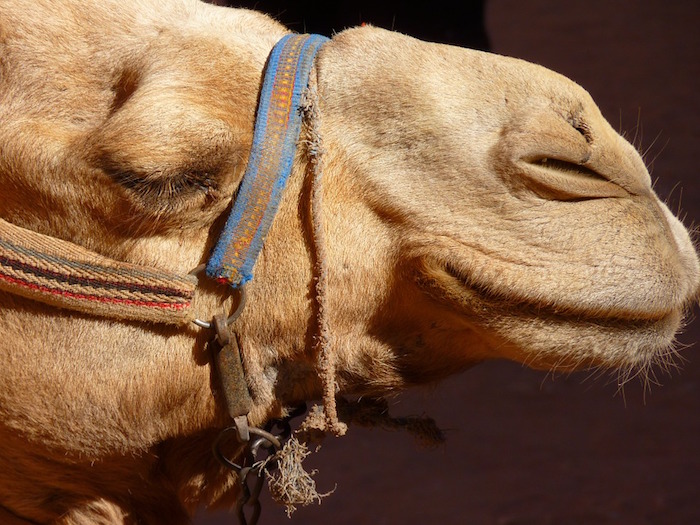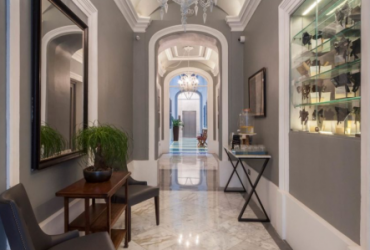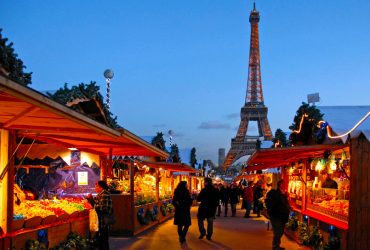Jordan Becomes An Oasis In The Middle East
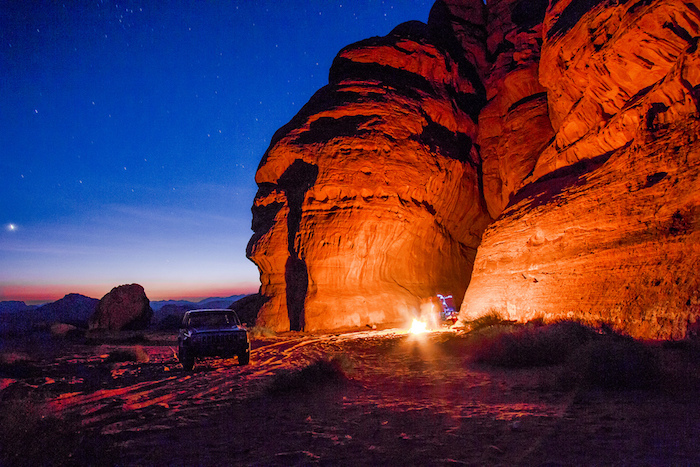
When most people think about the Middle East, they often think of vast uninhabited deserts dotted with oil and gas equipment, polluted cities, dusty villages, and herds of sheep and camels milling about on rocky hillsides. Even less flattering connotations may include anti-Western hostility, riotous mobs and demonstrations, lawlessness, and near-constant political upheaval. While these descriptors may be partially accurate for some parts of the Middle East, such generalizations applied to the entire region belie the modernity, cleanliness, friendliness, and all around loveliness that is the small and frequently overlooked Kingdom of Jordan.
Jordan sits in a rather unfortunate position, geographically and politically speaking. It lost the geologic lottery (i.e., oil and gas wealth) whose spoils nearly all of its neighbors in the region enjoy. And it sits sandwiched between several of the world’s most renowned hotspots of volatility — Iraq, Syria, Israel, and the West Bank. But while conflict rages on and off all around it, Jordan has always remained comparatively calm and stable.
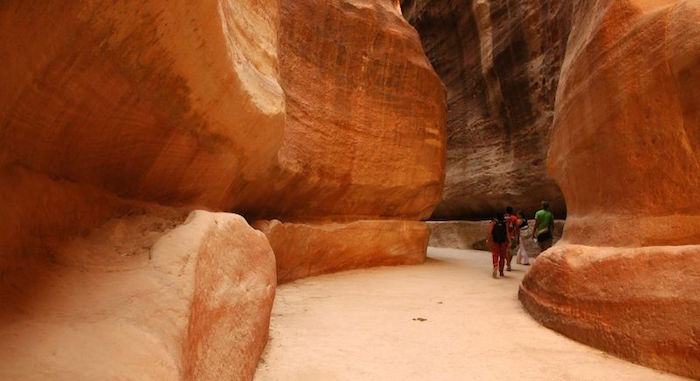
Modern Jordan became an independent nation only as recently as 1946, but the land is nevertheless rich in history that goes back many thousands of years and involves many of the world’s most celebrated civilizations, including the Greeks, the Romans, the Persians, and later the Arabs who still in habit the region today. As a result of these epic influences, wonderfully preserved ruins showcasing the grandeur of these ancient civilizations remain within Jordan’s borders and are far less trafficked than the ruins of these empires in other countries.
Jordan’s most famous archaeological site, however, actually came out of one of the region’s lesser known civilizations – the Nabateans. These skilled and wealthy traders built their empire around the city of Petra, which sits in the southwestern corner of modern Jordan. This once-bustling and still-stunning ancient capital features elaborate facades built into the sides of cliffs and mountains, the ruins of which are now a UNESCO World Heritage Site. The most famous of these facades, known as The Treasury, was memorialized in pop culture thanks to its prominence in the film Indiana Jones and the Last Crusade.
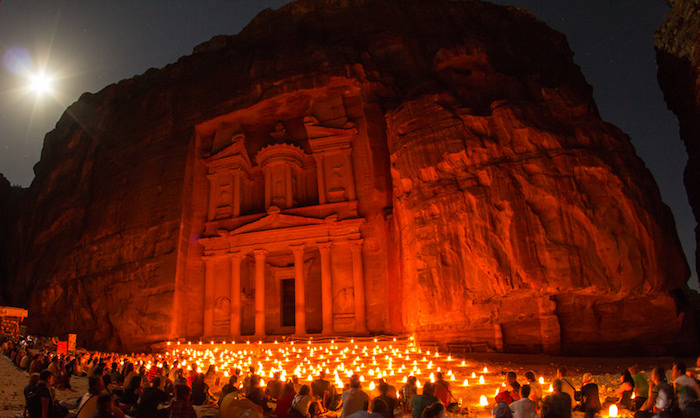
Jordan has direct access to the Dead Sea, a favorite of spa-lovers for its high concentrations of salt and other minerals, and to the Gulf of Aqaba, an off-shoot of the Red Sea and a favorite of scuba divers and snorkeling buffs from around the world. The kingdom also has done a good job of preserving many of its natural inland wonders too by protecting them within a series of beautiful national parks. The most famous of these is undoubtably Wadi Rum, although there is no shortage of other magnificent nature preserves elsewhere throughout the western half of the country.
While many of its famous sites and attractions date back a millennium or two, Jordan’s capital, Amman, balances more modern elements that add a cosmopolitan flair to the natural beauty of this traditional kingdom. And unlike many of its regional neighbors, Jordan’s cities, villages, streets, and highways are relatively clean, orderly, and uncongested.
English-speaking visitors will not have a hard time navigating the country at all, since most Jordanians who work in the hospitality and tourism sector are well educated and speak clear English. And expect an extra dose of friendliness too in Jordan. The country has been on solid cooperative and friendly terms with the United States and even with neighboring Israel for decades. The current monarch, King Abdullah II, is even half-British (via his mother) and the wife of the late King Hussein is the internationally famous American-born Queen Noor.
Jordan proudly embraces its ties to the West, and the country and its people welcome Westerners into and around their boutique homeland with open arms. Those who overlook or dismiss Jordan in their travel and vacation planning are missing out on a fun, friendly, and fabulous Middle Eastern country that continues to offer up fantastic sites and gracious Arab hospitality in a safe and stable environment in spite of the ongoing troubles of some of its less fortunate neighbors.
